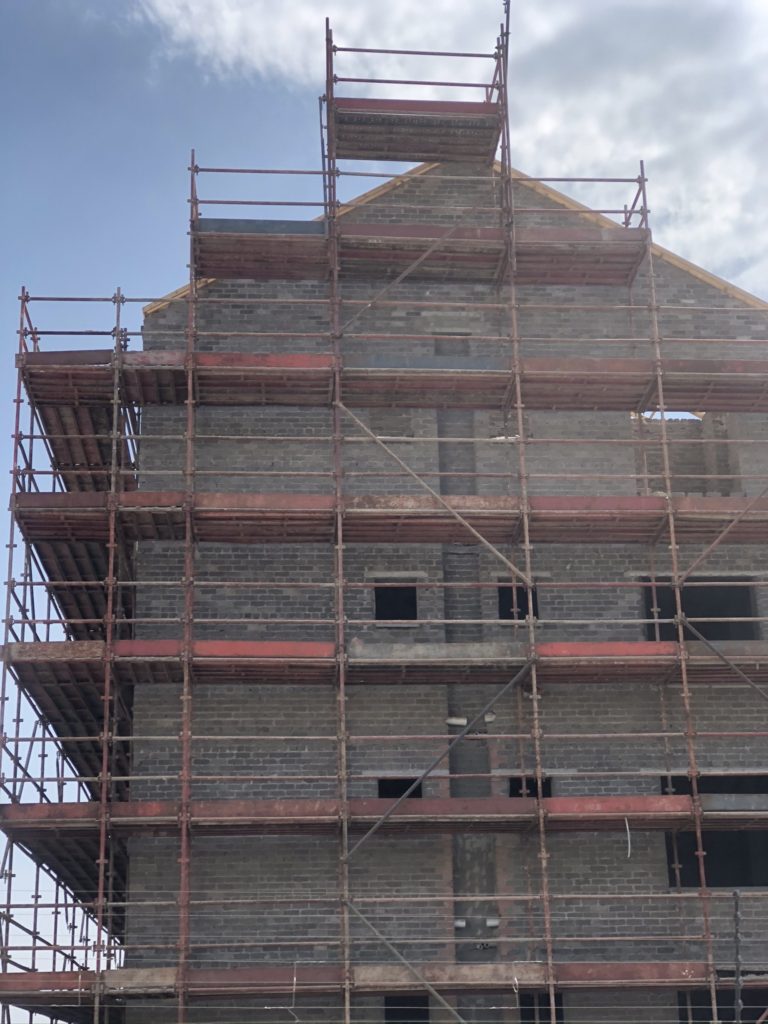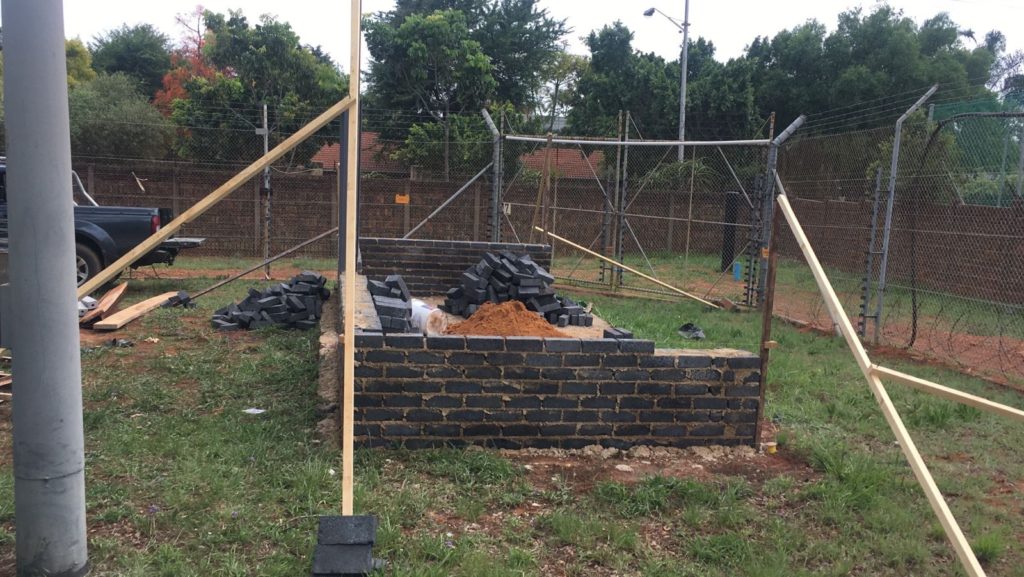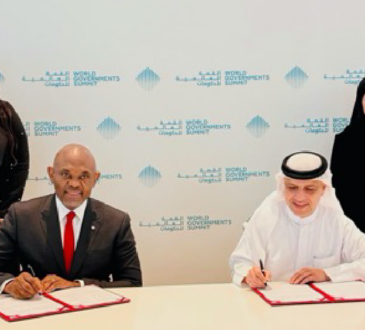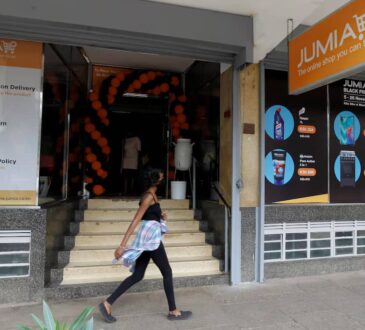
Making South Africa sustainable – one brick at a time
Once again, the stage is set for the celebration of Women’s Month, marked every 9th of August in remembrance of the more than 20 000 women who marched to the Union Buildings on 9 August 1956 in protest against the extension of Pass Laws to women. This year’s Women’s Month will be celebrated under the theme: “Generation Equality: Realising Women’s Rights for an Equal Future”.
Generation Equality is a global campaign and links South Africa to global efforts to achieve gender equality by 2030. Even before this deadline has been met, a number of women have stood up to be counted, blazing the trail and proving to the world that what is good for the goose is good for the gander.
One such outstanding woman is 32-year-old Kedibone Tsiloane, the founder of Ramtsilo Manufacturing and Construction – a proudly South African, 100% black female-owned sustainable manufacturing and construction company. Ramtsilo’s mission is to do everything possible to provide innovative and sustainable solutions to the global issue of plastic pollution.

Circular green economy
The company is currently leading efforts to establish a circular green economy in the plastic recycling and building material industry. They provide waste management and recycling services for plastic waste pollution, which is used in the manufacturing of strong, durable and fire-retardant bricks. Their plastic bricks have created direct and indirect employment for a number of young and old individuals throughout their operations, in both the recycling and the construction industries.
Tsiloane entered Ramtsilo into Challenge Works’ first strand of the Afri-Plastics Challenge, themed “Accelerating Growth”. Ramtsilo was among the 15 finalists rewarded with a £100 000 grant for innovative solutions to managing plastic waste after it has been used and discarded (i.e. downstream solutions).
Growing up in the township
Tsiloane shares that she was inspired to begin Ramtsilo as a result of growing up in a construction household, where her dad frequently took her on site. Ramtsilo started in 2013 as a construction business; however, they soon realised they were spending too much on building materials, specifically bricks, and made the decision to manually manufacture their own bricks at home. “We are from the township and upon discussion with one of the waste collectors, we learnt that plastic waste collection in conjunction with the recycling of plastic has created a source of revenue for the unemployed. We began prototyping the use of plastic in brick making in 2016 and in 2017, and once we had a product that we were comfortable with, we took [it] for testing. The results were much better than we expected and we formally went into the market in 2019.”
When asked what motivates her as an innovator and drives her innovations, Tsiloane shared, “Wanting to make a lasting difference, creating lasting solutions to everyday problems.”
Being a firm believer in good old persistence, Tsiloane says what separates her from other innovators is that she always sees things through, no matter how difficult they get.
With sustainability being at the forefront of the Afri-Plastics Challenge, Tsiloane shared the importance of sustainability to her: “It should be a subject at school … without us thinking in a sustainable manner there will be no ‘future’ for us or the next generation.”

Hopes for change across the construction and manufacturing industry
Looking to her future, Tsiloane shares that she aspires to create more innovative solutions that change how we live our lives on a daily basis. She goes on further to share her hopes for the manufacturing and construction industry. “I hope the industry will be more receptive to change and innovation. Whilst the traditional ways have worked, we need to get to a point where the industry is open to new ways of doing things.”
She credits her parents for encouraging her to shun gender stereotypes and feel confident enough to venture into any business, given her competency.
“One thing my parents made sure we knew growing up is that there isn’t a man’s and a woman’s role. So when we encounter challenges on the basis of gender, we face them head on and remind ourselves that they are not here by chance.” Tsiloane further urges other young women who dream of entering this industry to be bold in pursuit of their dreams.
As the Rainbow Nation marks Women’s Month, we celebrate achieving women such as Tsiloane, who have demonstrated that with hard work and determination it is possible to achieve generation equality.







